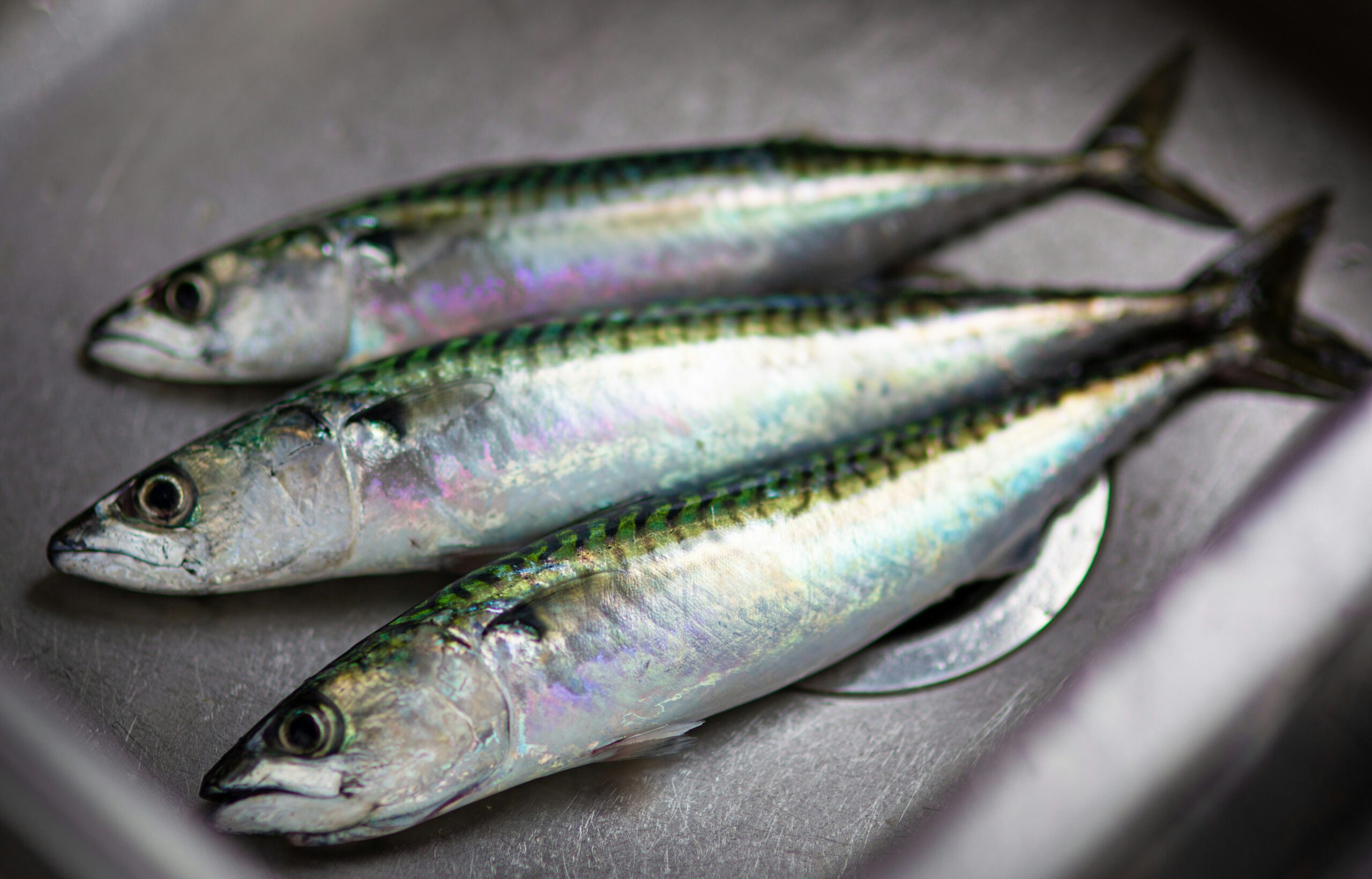KFO urges the Minister and the Commission to call out the reprehensible practices of Nordic countries
The scientific advice for mackerel issued by ICES today confirms the fears of Irish pelagic fishermen. The 22% advised reduction in Total Allowable Catches (TAC) will result in a further significant cut in the Irish mackerel quota for 2025. In combination with the unjustified transfer of 26% mackerel quota to the UK under Brexit, this represents a serious threat to the future viability of the fleet
The ICES advice has indicated the mackerel stock to be under severe pressure with a steepening decline in biomass. The size of the stock has fallen while fishing effort in northern waters on larger and older fish has increased exponentially, particularly in the summer months when traditionally little fishing occurred.
In taking stock of the advice, Dominic Rihan, CEO of the KFO said, “The blame for the dire state of the stock lies firmly with the Nordic countries that have set unilateral quotas in the last number of years and massively increased fishing effort to try and justify these inflated quotas. Compare this to EU fishermen who have fished sustainably within their quotas. The result is clear for all to see, the stock is close to collapse”.
To catch these unwarranted unilateral quotas, Greenland, Iceland, the Faroe Islands, Russia and this year even Norway fished mackerel in international waters during the summer, when the fish are in poor condition after spawning. The mackerel are scattered across a wide area which means long trawling times, high bycatch and high fuel use for small catches.
In 2023, significant proportions of these mackerel catches were turned into fishmeal in Norway due to their poor quality. This is against all principles of sustainability and has had a long-lasting and damaging effect on the mackerel stock. Large increases in fishing effort by the Russian Federation, leading to significant unreported and unregulated catches has added to the decline in the stock.
Ciaran Doherty, chair of the KFO explained, “What is going on in Norwegian and International waters with intensive fishing for small catches of low-quality mackerel defies logic. This is all about creating spurious zonal attachment arguments to justify overfishing in the extreme. The damage they have done to the stock is now clear to see”.
Whilst the Norwegians and other Nordic nations continue to justify their unilateral quotas through the zonal attachment argument this is not supported by recent evidence. In 2023, for instance, Norway caught most of its quota in UK waters due to lack of mackerel in its national waters and this trend is continuing in 2024.
Despite calls from their own industry organisations to stay fishing in Norwegian waters to support their negotiating position, the Norwegian fleet moved en masse to UK waters two week ago due to poor fishing. The presence of a huge fleet of Norwegian vessels off Shetland was not warmly received by the Scottish pelagic fleet but the impact will be softened with the transfer of close to 24,000 tonnes of Norway’s unilateral quota to the UK for access to their waters.
The scientific advice will be discussed by the Coastal States group of EU, UK, Norway, Faroes, Iceland and Greenland, that meet annually under the auspices of the Northeast Atlantic Fisheries Commission (NEAFC). The negotiations in October are expected to be contentious considering the stark scientific advice and agreeing on a TAC level that provides protection to the stock will be challenging. For Irish fishermen any cut in quota for 2025 will have a disastrous impact, coming on the back of Brexit. Contrast to the Nordics, who, by inflating their quotas over the last few years, have already built in a buffer to protect themselves from such reductions.
Dominic Rihan highlighted, “It is vital that the Minister and the EU calls out the inexcusable and irresponsible actions of the Nordic countries and take action to halt the decline in the stock before it collapses. He said, “Words alone will not put mackerel back into the sea, the EU must act to protect the interests of Irish and EU fishermen who have acted responsibly and fished within their quotas. The EU needs to act decisively and negotiate an equitable comprehensive agreement with all Coastal States that reflects historic fishing patterns and gives the stock a chance to recover”.
ENDS
Link to advice below:
ICES. 2024. Mackerel (Scomber scombrus) in subareas 1-8 and 14 and division 9.a (the Northeast Atlantic and adjacent waters). In Report of the ICES Advisory Committee, 2024. ICES Advice 2024, mac.27.nea. https://doi.org/10.17895/ices.advice.25019339


